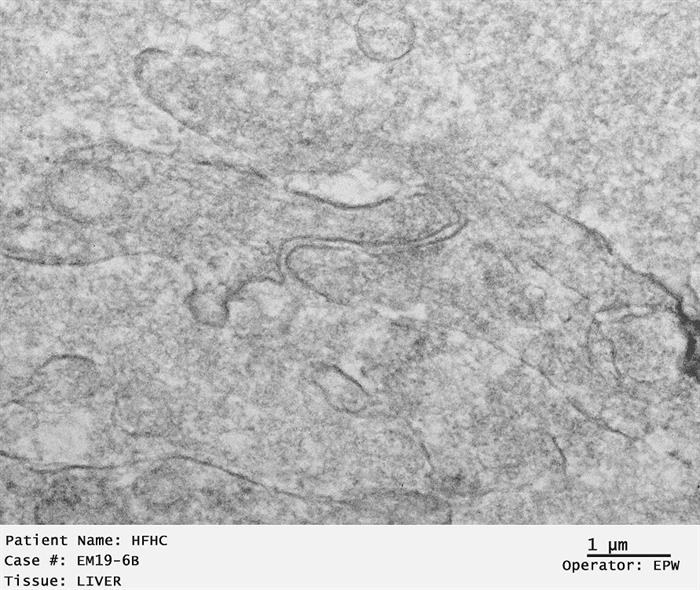Burchill Lab
Chronic liver disease is currently the fourth leading cause of death in the United States, and the burden of liver disease is expected to rapidly rise in the future. Despite the significant impact of liver disease on society, outside of liver transplantation, very few effective therapeutics have been developed to reduce the morbidity and mortality associated with chronic liver disease. We strive to define the molecular and cellular mechanisms that drive chronic liver inflammation in order to identify potential targets to treat chronic liver disease.
Research Summary
Research in our laboratory leverages our expertise in immunology, molecular biology and model systems of liver disease to explore the early and late events that influence the progression of chronic liver disease. Chronic inflammatory insult through either poor diet, viral infection or autoimmune disease disrupts the normally tolerogenic environment in the liver. By better defining the mechanisms by which chronic inflammation disrupts the liver microenvironment, we can learn how to restore liver homeostasis in people with advanced disease.
A primary function of the lymphatic system is to maintain tissue homeostasis. Studies in our laboratory have demonstrated that the liver lymphatic system expands during chronic liver disease in both humans and mice. These studies also identified that during disease the lymphatic system in the liver does not function normally. Thus, our ongoing research focuses on the factors produced during disease that regulate liver lymphatic function and if restoring lymphatic function in the liver can slow or reverse the progression of chronic liver disease.
A hallmark of chronic liver disease is the recruitment of immune cells into the liver. Utilizing our expertise in human immunology, T cell activation and function we are exploring the consequence of T cell recruitment to the liver during different chronic liver diseases. Specifically, we are using single cell mRNA sequencing to determine the phenotype and antigen-specificity of T cells recruited to the liver during chronic liver disease and how these phenotypes are programmed by the inflammatory mediator of disease.
Complete List of Published Work in Dr. Burchill's Bibliography:
https://www.ncbi.nlm.nih.gov/myncbi/16CNwDnylpnky/bibliography/public/
Burchill Lab Contact:
12700 E. 19th Ave. B146
Room 10490
Research Complex 2
Aurora, CO 80045
Lab: 303-724-0130
Dr. Matthew Burchill:
[email protected]
Office Phone: 303-724-7225
Office Location: RC2 10-10119


![RWHCVLiver0209_[55846,18318]_composite_image RWHCVLiver0209_[55846,18318]_composite_image](/images/librariesprovider80/burchill-lab/rwhcvliver0209_-55846-18318-_composite_image.tmb-image700.jpg?Culture=en&sfvrsn=384db0b9_1)